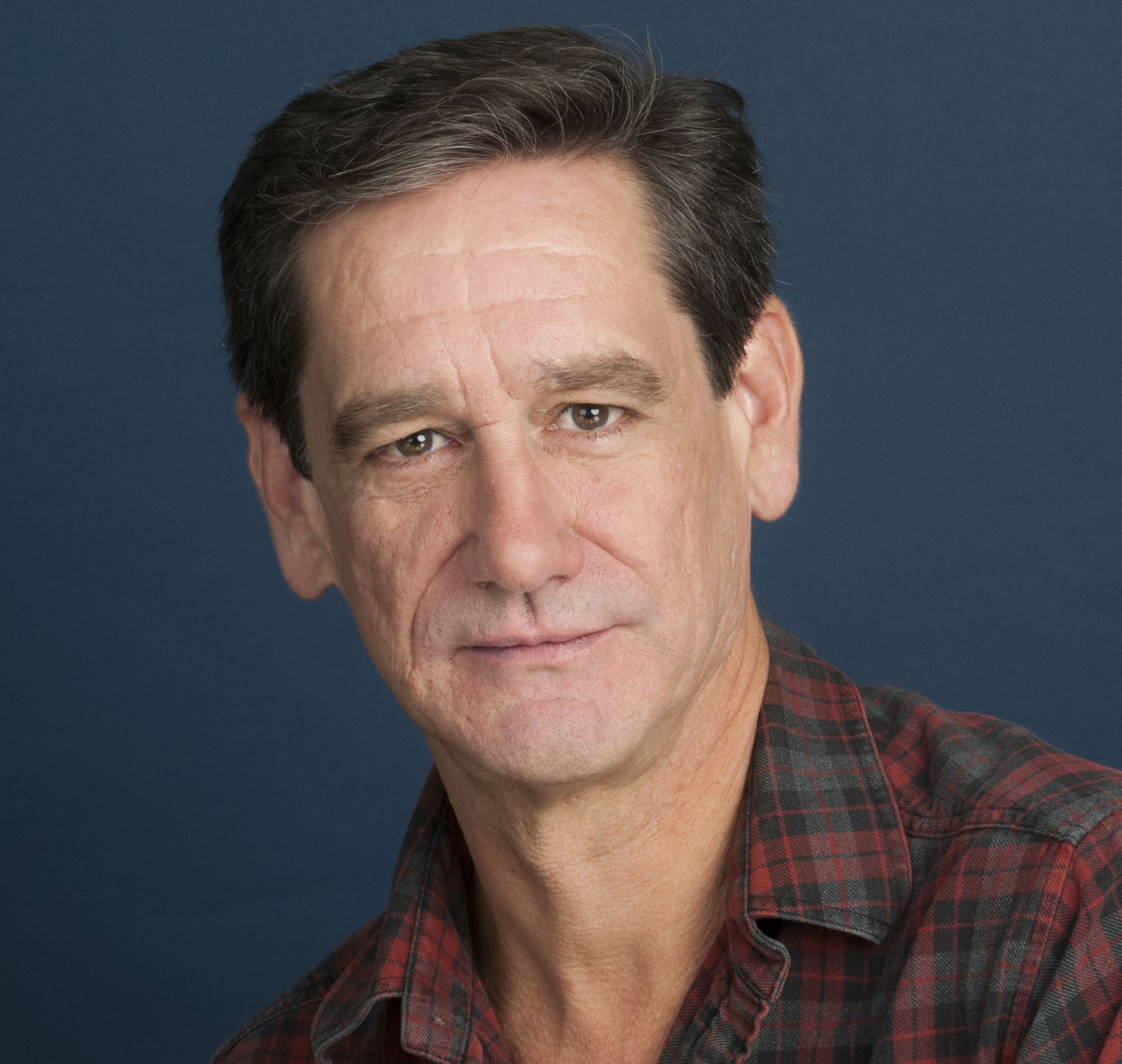
Martin Julien
Since I’ve started the profile series, I’ve heard Martin Julien’s name or have noticed he may have responded to some Facebook comments these last few years.
He has been a professional Canadian actor since the age of ten. Over time, he has also become a playwright, theatre deviser, lecturer, and scholar. Martin has been nominated for three Dora Mavor Moore Awards as Best Performer and was also highlighted as Toronto’s top-rated theatre artist of the year by NOW Magazine in 1995. He holds a Ph.D. from the Centre for Drama, Theatre and Performance Studies in the University of Toronto, where he was an SSHRC Doctoral Fellow (2015-2017). Martin was the senior editor of Theatre Passe Muraille: A Collective History, Playwrights Canada Press (2019), and his play ‘The Unanswered Question’ premiered at Ottawa’s National Arts Centre in Artistic Director Peter Hinton-Davis’s inaugural season (2007). Recent acting credits include ‘Under the Stairs’ by Reza Jacobs and Kevin Dyer, YPT (2019), and playing the titular role in ‘Sir John A: A Gentrified Ojibway Rebellion’ by Drew Hayden Taylor, NAC (2017).
Martin’s newest show ‘The Man that Got Away’ opens this week at the Buddies in Bad Times theatre. He took a few moments to answer questions via email.
Thank you so much for taking the time, Martin. I’m looking forward to seeing the show this week:
1. Where did you complete your artist training?
As an actor, at TMU in the mid-eighties. Before it was a university. When it was the Ryerson Theatre School. The director of my play, Peter Hinton-Davis, was in my class. As a performance scholar, I hold a PhD from the Centre for Drama, Theatre and Performance Studies in the University of Toronto.
2. The twenty-first-century world of the professional artist has changed on account of the worldwide pandemic. What advice would you give to a young person who is/will or might consider a future career as a performing artist?
As a veteran freelance player and deviser of theatre, I am far more interested in what advice such a young person might give to me! Those born since 2000 have the grand task of re-inventing a responsive ethics and practice for professional artists as we move on. We have two wonderful performers in their twenties – Ben Page and Tat Austrie – rounding out our cast of three, and they are my teachers.
3. Given the last three years of the worldwide pandemic, as a professional artist how are you feeling about the state of the live entertainment scene going forward? In your professional opinion, where do you see the world of live entertainment/live artist/theatre headed within the next proverbial five years?
We must dedicate ourselves to clarifying new active relationships between creative practice, economics, and fairness. There seems no longer the funding for producing companies to invest in necessary rehearsal time and fair wages, while simultaneously there are important issues regarding artists’ health and scheduling which are being recognized. Where do time, money, and justice come together? The days of ‘the show must go on’ no matter what are over.
4. Personally, how are you feeling at this moment regarding the effects of the worldwide pandemic?
I am also an educator of acting and theatre practice for young adults, and my personal feelings tilt towards both admiration and concern for this cohort of people. Crucial years of collaboration and collegiality have been lost, at a pivotal time of life for those just coming ‘into their own’. We must find ways to recover solidarity and trust in order to keep creating collective art.
5. Tell me more about ‘The Man That Got Away’ coming up at Buddies. What was its genesis?
The play is based in my own personal history of growing up through the 1960s to 1980s in a loving and complicated family of my lesbian mother, my gay father, and me. It is a multi-faceted play that celebrates and critiques underexamined notions of queer identity through a unique personal lens, from the days of pre-Stonewall repression to ‘Gay Liberation’ to the AIDS epidemic. I sense that much of the ramifications of this collective journey are in danger of being ‘lost’, or simplified, in politics, art, and memory. It also celebrates and subverts my deep love of showtunes!
a) Why do you believe it’s important for audiences to see ‘The Man That Got Away’ at this time?
As a person in present-day society, I am appalled that the popular discourse continually insinuates that Covid-19 is the first epidemic to sweep North America since the influenza of 1919. Over the years between 1987 and 1992, in Canada alone, nearly 6,000 deaths have been attributed to HIV/AIDS. The vast majority of these deaths were gay men – often cared for by lesbian volunteers – who were often unrecognized and condemned by politics, religion, media, and the medical establishment. I fear this history of struggle and advocacy is being lost.
At a time when trans and queer rights are both emerging and attacked in our civil dialogue, I feel it important to create public art that confirms and liberates the historical advocacy of LGBTQ2S+ rights and the beauty and breadth of queer culture.
b) I thought I recognized the title of your show from a song title. I’ll be honest that I had to do a quick YouTube search to realize that the song was sung by Judy Garland in her 1954 film ‘A Star is Born’ opposite actor James Mason. It has been years since I’ve seen this film so it’s on my list to watch again.
i) Am I reading too much into this or is the connection one that you are hoping audiences will make to your upcoming show?
ii) From what I know about the life of Judy Garland, she was a tortured soul who battled many demons. Will your show focus also on demons/struggles/challenges you have faced in your life personally and professionally?
Some audience members – Friends of Dorothy – will make the connection, and others will be learning something new about the depth and meaning of mid-twentieth century and mostly closeted and coded ‘gay culture’, and its relationship to Judy Garland. These ideas certainly have personal relevance to my family’s life growing up and are explored through the arts of theatre and performance in my show. I do not see Garland as a ‘tortured soul’ but perhaps, rather, a genius performer who was overused and abused by the ‘show biz’ industry. But also, her spirit was very good medicine for people such as my father Leo, who died of AIDS-related complications in 1988 at Casey House hospice.
6. What’s next for Martin Julien once ‘The Man That Got Away’ completes its run at Buddies?
A rest from the four years it has taken to create this play and production! That said, I am participating in a workshop for a new musical in early January, then returning to teaching music theatre performance at Sheridan College through the spring.
‘The Man that Got Away’ previews December 6 and 7. It opens on December 8 and runs until December 18. All performances will be held at Buddies in Bad Times Theatre, 12 Alexander Street, Toronto. For tickets, call the Box Office (416) 975-8555 or visit buddiesinbadtimes.com for further information and/or to purchase tickets online.




